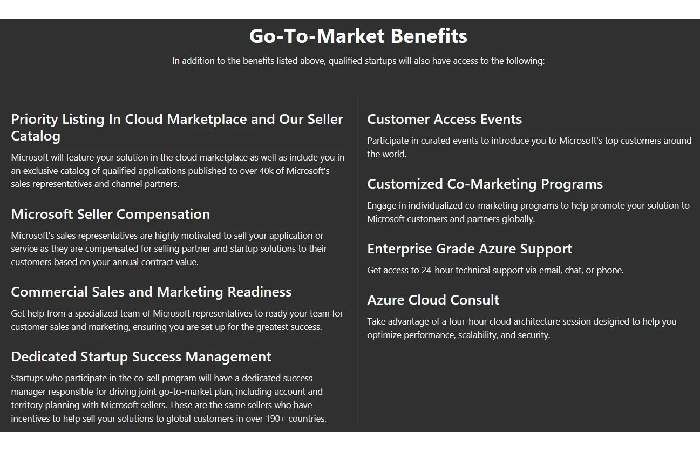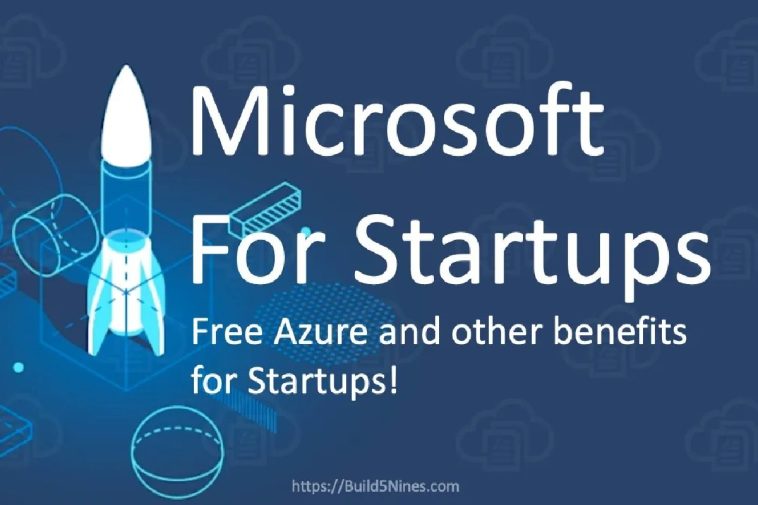Introduction
Microsoft for Startups – Starting a business is a lot of work. There are many things to consider, from finding the right idea to raising capital to building a team. And that’s just the beginning. Once you’re up and running, you must worry about marketing, sales, and customer service. It can be a lot to handle, especially if you’re a small team.
That’s where Microsoft for Startups comes in. Microsoft for Startups is a program that provides startups with access to Microsoft products, services, and resources. The program remains designed to help startups build, grow, and scale their businesses.
Benefits

Microsoft for Startups offers a variety of benefits, including:
- Free Azure credits: Startups can get up to $25,000 in free Azure credits for development, testing, and production.
- Free Microsoft 365 licenses: Startups can get up to 100 free Microsoft 365 licenses for their employees.
- Access to Microsoft experts: Startups can access Microsoft experts for help with technical issues, marketing, and sales.
- Access to Microsoft events: Startups can attend Microsoft events like TechEd and Ignite to learn about new Microsoft products and services.
- Access to the Microsoft partner network: Startups can connect with other startups and Microsoft partners to collaborate on projects and share resources.
How to Apply for it?
To be eligible for this program, startups must meet the following criteria:
- Be a for-profit company
- Have been in business for less than 5 years
- Have less than $1 million in annual revenue
To apply for it, visit the Microsoft for Startups website.
Conclusion
It is a valuable resource for startups of all sizes. The program provides startups with the technology, expertise and helps to build, grow, and scale their businesses. If you are a startup, I encourage you to learn more about the program and apply for membership.
Additional Information
Here is some additional information about the difference between a query and a search:
- A query is a specific request for Information, and it can remain made to a database or search engine and include complex criteria. For example, a query to a database might be “Find all customers who live in California and have a credit score of at least 700.”
- A search is a more general term for looking for Information. A search can remain conducted by a search engine, such as Google, which uses algorithms to find relevant Information based on keywords the user enters. For example, a search for “cars” might return a list of websites that sell cars, articles about cars, and images of vehicles.
In general, a query is more specific than a search. A question remains used to request a particular piece of Information, while a search remains used to find various Information relevant to a specific topic.
Here are some examples of how the terms “query” and “search” can be used in a sentence:
- The user submitted a query to the database to find all California customers with a credit score of at least 700.
- I searched on Google for “cars” and found a list of websites that sell cars, articles about cars, and also images of vehicles.

